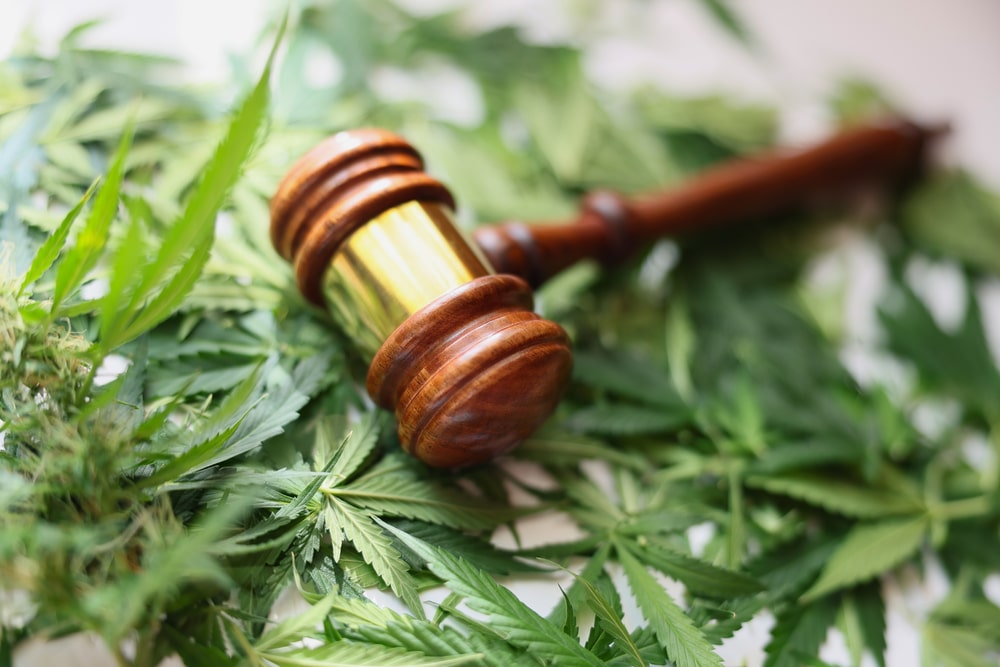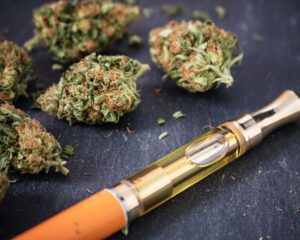Georgia Iaws On Weed, Georgia, known for its Southern charm and historic significance, has been a focal point in discussions about cannabis legislation. While some states in the U.S. have embraced the legalization of marijuana for recreational and medicinal use, Georgia maintains a more conservative approach. Here’s an overview of the current laws surrounding weed in Georgia as of 2024.
Is Marijuana Legal in Georgia?
Marijuana remains illegal for recreational use in Georgia. However, the state has made strides in allowing limited medical use. Possession of cannabis for recreational purposes is a criminal offense, and penalties can vary depending on the amount in possession.
For example:
- Less than 1 ounce: This is considered a misdemeanor, punishable by up to 12 months in jail and a fine of up to $1,000.
- More than 1 ounce: This is a felony, which can result in harsher penalties, including longer prison sentences and higher fines.
Medical Marijuana in Georgia
Georgia has a medical cannabis program, but it’s restrictive compared to those in other states. Under the Georgia Hope Act, patients with qualifying medical conditions can access low-THC oil (with a THC content of no more than 5%).
Who Qualifies?
Patients suffering from the following conditions may qualify:
- Cancer
- Seizure disorders
- Multiple sclerosis
- Parkinson’s disease
- Sickle cell anemia
- Autism (in severe cases)
- Post-traumatic stress disorder (PTSD)
Patients must obtain a Low THC Oil Registry Card, which requires certification from a licensed physician and approval from the Georgia Department of Public Health.
CBD Products and Hemp
Hemp-derived CBD products with less than 0.3% THC are legal in Georgia, thanks to the 2018 federal Farm Bill. These products are widely available and can be found in stores across the state. However, it’s essential to ensure these products comply with federal and state laws to avoid legal issues.
Efforts Toward Legalization
Advocacy groups in Georgia continue to push for broader legalization, citing economic benefits and the need for criminal justice reform. While some cities, like Atlanta and Savannah, have decriminalized small amounts of marijuana (reducing penalties to fines rather than jail time), statewide progress remains slow.
In recent years, public opinion has shifted, with polls indicating that a majority of Georgians support the legalization of medical and recreational marijuana. However, legislative hurdles and political opposition have kept sweeping changes at bay.
What Does the Future Hold?
The future of cannabis laws in Georgia is uncertain. With increasing pressure from advocacy groups and changing attitudes among residents, there’s hope for reform. Whether this comes in the form of expanded medical access or full legalization remains to be seen.
For now, anyone in Georgia should remain aware of the state’s strict laws and exercise caution when it comes to cannabis. Staying informed is key to avoiding legal troubles and advocating for responsible change.
You Might Also Like These:
does horny goat weed work instantly



